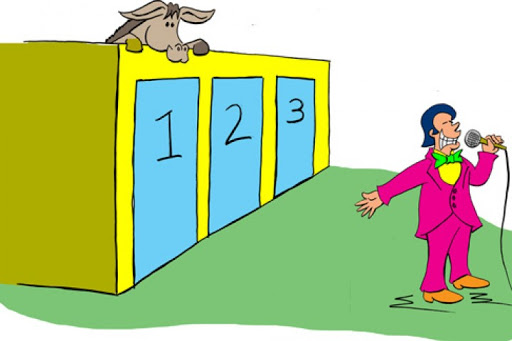

This way, scenes can be completed without a midday interruption, with the intention of no overtime. To offset that, food is available to be eaten all day round. It’s a slightly different setup, where a film crew works continuously for 10 hours without a break. ‘French hours’ is the term used for a 10-hour work day. There are alternatives to the 12-hour work schedule. Being exhausted at the wheel of a car is just as dangerous as drink driving, and I have no urge to be a passenger on such a journey again.
#Time for change movie driver#
My driver was racing through traffic, fighting back exhaustion, desperate to get back to the hotel and catch any sleep before the next work day began.

I was once in the passenger seat of a car being driven by a drowsy driver after a gruelling 20-hour work day. Sleep debt is a serious problem for filmmakers. A person’s health and safety should be worth more than the product they produce.
#Time for change movie drivers#
There have been multiple fatal car crashes involving film crew, where drivers have fallen asleep at the wheel of their car after a long day of work. There are serious consequences to also consider. Whilst on a feature film set, you’ll be unable to exercise, pursue hobbies, and your relationships will be put on hold. Long work days also endanger your health.
#Time for change movie free#
Bluntly, film crews want to be able to do the best job possible, but also have free time at the end of the day and a decent night’s sleep. Film directors, in particular, can become blinded by their creative ambition, forgetting that for the other crew members this isn’t their passion project but their life. The majority of cinematic job roles aren’t creative, but laborious, technical and administrative. As filmmakers, we sometimes forget ourselves that it’s a job like any other. Outsiders might mistake film work as fun and see little problem in overtime. Great films have been produced before, whilst sticking to labour laws, staying on time and on budget. Long work hours don’t benefit creativity or help make a better film. Working more doesn’t mean that you’re working better. These situations could be improved with more planning and better care during preproduction. Work days often feature slow starts and plenty of waiting around, sometimes due to a simple lack of organisation and miscommunication. These work hours don’t necessarily mean more productivity, either. Without such restrictions, filmmakers now shoot more than ever before, capturing scenes from every angle imaginable. This led to more careful planning, being certain to capture only what was needed. In the past, filmmakers would be restricted on how much they could shoot per scene. I’d argue, too, that the rise of digital cameras is also to blame.

Film has fallen victim to this pace, taking advantage of freelance insecurities to increase the daily workload. People did once protest for the eight-hour work day, but in the fast-paced capitalistic world, time is money. From the 2000s onwards, 12 hours became routine. In the 1980s, a ten-hour work day became acceptable. However, as the world began to progress, the hours increased. If you worked on a studio film, you could go to work and be home for dinner in the evening. In the 1950s, a film crew would work a traditional eight-hour work day. These work hours haven’t always been commonplace. After all, there’s no lack of filmmakers in this world, and if you aren’t willing – or able – to do overtime, it’s not hard for you to be replaced. Sadly, this leaves a lot of room for exploitation. The problem with film work is that it’s advertised as being a glamorous job, so people are willing to work all hours for low pay, especially when first starting out. Depending on your job role, there may be hidden hours after a day’s wrap, such as next-day prep, de-rigging or additional admin tasks. It isn’t just the hours included on the call sheet, either. A 14-16 hour work day isn’t an unusual day for the crew of a feature film. All of this would be acceptable if work days didn’t go over schedule, and there’s an inherent assumption that overtime is a given. Film sets are run on 12-hour work days, and six-day work weeks. Throughout my education, nobody had mentioned to me the reality of the film crew work ethic. In short, the long work hours were the main reason I left the film industry.

I thought that working on film sets would be fun, interesting and gratifying. When I decided to pursue a life in film, I had only a romantic understanding of the job role and what it entailed. Amy Clarke ( was the fear of a normal life that pulled me in the direction of a creative career.


 0 kommentar(er)
0 kommentar(er)
